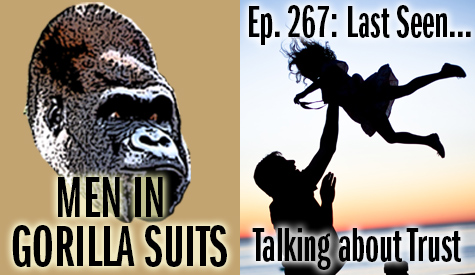Podcast Summary
Impact of strong family ties on economic growth: Cultures with strong family ties may hinder economic growth due to lower trust and engagement with external institutions
The strength of family ties in a culture can have significant impacts on economic outcomes. According to economist Paola Giuliano, people with strong family ties tend to be more inward looking and less likely to trust external institutions like governments and companies. This can lead to a lower level of social capital and political participation, which can hinder economic growth. For example, in cultures where family ties are very strong, like Italy, people may rely on their families for support and trust, but this can make them less likely to trust and engage with external institutions. As a result, economies in these cultures may be weaker due to a lack of trust and engagement with key institutions.
Impact of Family Ties on Business Performance: Family ties can impact business performance positively or negatively, with research suggesting potential decline when power is handed to relatives, but successful family businesses persist despite weaker institutions.
Family ties in business can have both positive and negative impacts on profitability and economic outcomes. While research suggests that a family firm may perform worse when the founder hands the reins to a relative, family businesses continue to thrive in many parts of the world, especially where institutions are weaker. The case of Anheuser-Busch, a successful American family business for five generations, illustrates the strong influence of family ties on business culture and leadership. However, it's important to remember that our lives and decisions are influenced by factors beyond our control, and family ties are just one example of this. Ultimately, the success of a family business depends on various factors, including leadership, culture, and external market conditions.
Historical accidents influence our laws and societal norms: Our laws and societal norms could have been different if historical accidents had occurred differently, and people's reluctance to face potential negative realities also shapes our world.
Many aspects of our lives are influenced by historical accidents. An example given was the legality of substances like alcohol and marijuana. If the roles had been reversed, and marijuana had been widely used for centuries while alcohol was on the fringes, our laws and societal norms might be very different. Similarly, people's reluctance to get tested for potential life-altering diseases, despite having a 50-50 chance of having the disease, can be attributed to the psychological value of ignorance. These historical accidents and the human tendency to avoid facing potential negative realities shape our world in significant ways.







